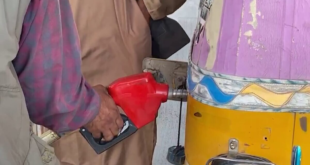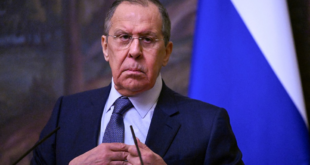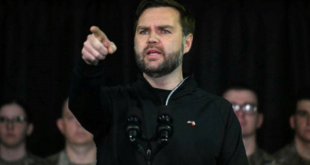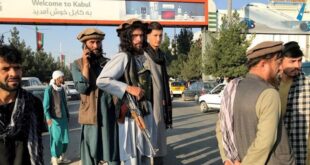A LEADING military analyst with the Ministry of Defence’s own think tank warned that Nato was on the “precipice of failure” in Afghanistan unless it swaps throwing “money and troops” at the country’s problems for a more coherent approach.
Dr Michael Williams, head of the transatlantic programme at the Royal United Services Institute for Defence and Security Studies, said the peacekeeping force’s aims of bringing stability, and in turn prosperity, to the country were achievable, but added its “chaotic and unfocused” approach would end in “strategic loss” in Afghanistan.
Williams criticised the lack of clarity in the West’s approach to the country in an article for the institute’s Newsbrief magazine entitled Security In Afghanistan: More Than A Job For Nato, which was published last year. He said that increases in troop numbers announced by the US and Britain as part of the organisation’s International Security Assistance Force (ISAF) of 41,700 troops would “not fix the wayward mission to rebuild Afghanistan”.
advertisement
He wrote: “Additional troops are necessary, but more troops alone will not fix the wayward mission to rebuild Afghanistan. Specifically, if additional troops are going to be of use, ISAF must figure of what it is supposed to be doing in Afghanistan; how it should achieve this in conjunction with other actors; increase international responsibility (not just Nato) for Afghanistan; and move to support the Afghan government, rather than supplanting it.
“The current Western strategy is chaotic and unfocused, and it will ultimately lead to a strategic loss in Afghanistan.”
Williams added that countries outside Nato should be shamed by the peacekeeping group for not assisting the joint effort to rebuild the country. He also highlighted a lack of co-ordination between aid agencies, national governments and their foreign offices over their roles. He added: “The international community must accept that it needs to play a greater role and Nato should have no qualms about shaming those outside of Nato who are not helping enough.
“Money is not the only problem; even if Afghanistan was awarded billions upon billions of dollars, without a co-ordinated, comprehensive and concerted approach the funds will go to waste. There is still a stunning lack of co-ordination between the various actors on the ground.
“Different actors must overcome their differences and, at the very least, co-ordinate their actions if the Western mission in Afghanistan is to succeed.”
He highlighted differences that exist between the Germans, criticised for Berlin’s refusal to commit troops to the war against the Taliban and their deployment in the relatively unscathed north of the country, and the UK, US and Canada, which remain convinced of the need for firepower to create an environment for the country to prosper.
Williams, who said failure in the country would “not bode well” for Nato’s future, added: “The confusion is reflected in the fact that most of the public thinks Nato is in Afghanistan to rebuild the entire country, rather than just support security and reconstruction. Importantly, what Nato’s poorly-defined mission has done is focus the minds of international policy makers on the failings of the current approach.”
However, Paul Smyth, the institute’s head of operational studies, dismissed criticism of the Germans, pointing out “we mustn’t forget how far they have come”. He said: “To actually have German forces deployed alongside Allied forces is quite an achievement for them when you consider history.”
He added: “Within Nato there are some frustrations which came out when the US defence secretary last year said it was quite clear the burden of fighting was being done by the Canadians, Americans, British and Australians.”
Smyth believes that Nato’s acceptance that some countries will not be involved in fighting the Taliban is a “price worth paying” to keep the coalition intact. He said that many soldiers were facing “arduous conditions”, particularly during the winter, not helped by the lack of secure military installations across the country.
He added: “Life is extremely difficult at this time of year, not least because of the low temperatures and altitude, but I’ve no reason to disbelieve the army commanders when they say morale remains high.”
Smyth also said that Nato was affected by delays over promises to modify civilian helicopters for use in supporting the forces, but that it was still safer to transport equipment overland despite the risk of attack from the Taliban.
 Eurasia Press & News
Eurasia Press & News



